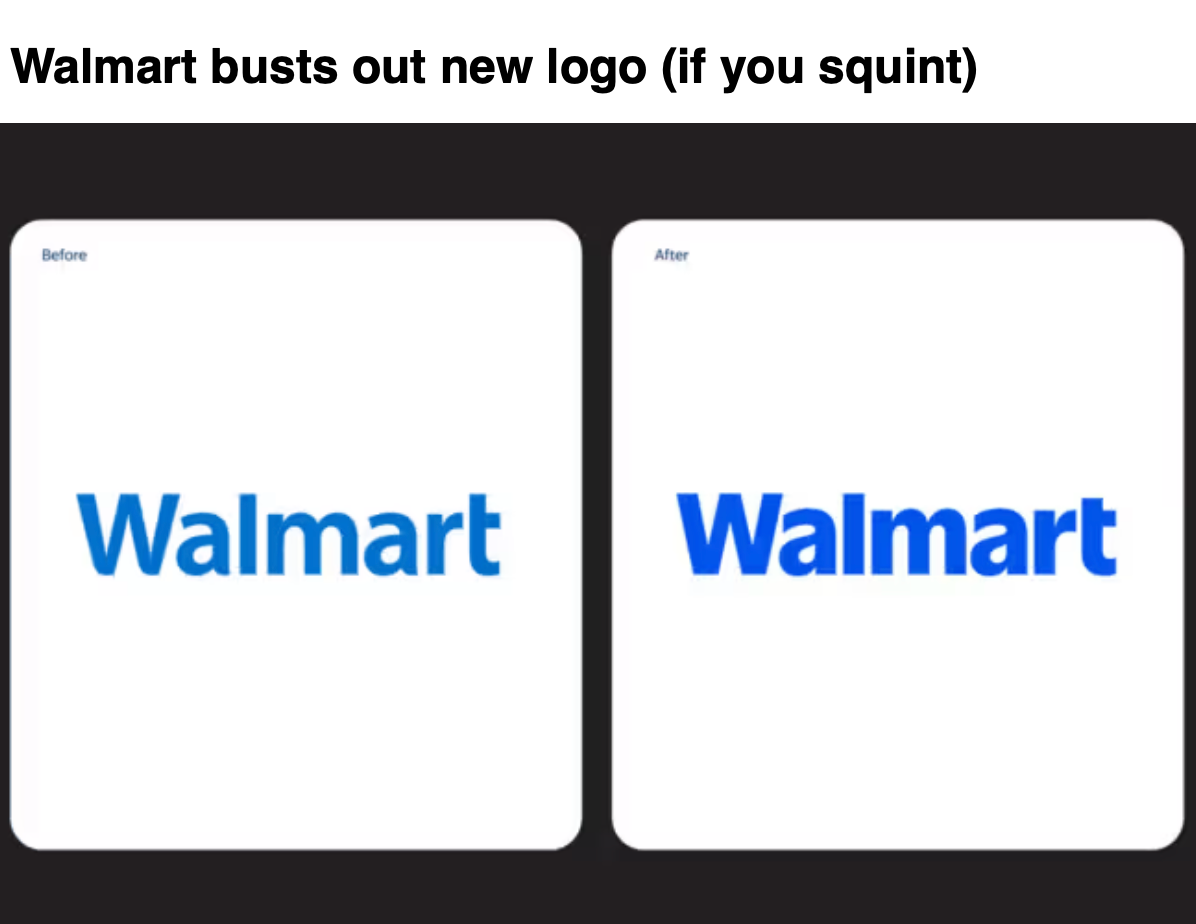The B-wildering World of Benefit Corporations

Riddle me this, Batman: Can you be a benefit corporation and NOT be a B Corp?
If you answered “Yes,” you are 100%, as Fonzie used to say, correctamundo.
If you answered, “No,” then you’re just as confused as most of the world on the difference between a benefit corporation and a B Corp. And with good reason.
A little background.
My company, Oliver Russell, was first certified as a B Corp in 2011 and became Idaho’s first benefit corporation in 2015.
In the intervening years, I’ve had countless occasions to explain the difference.
B Lab, the nonprofit that operates B Corp certification, created both entities, so I’m going to lay the blame there. I’m thinking the likely culprit is too much “B” in the recipe.
Public benefit corporations (PBCs), often shortened to “benefit corporations,” are having a bit of a moment right now as the tech world has awakened to the possibilities of this legal structure. And there's more confusion than ever about what they are – and what they aren't. So, I’ll try to clarify the distinction as briefly and with as little legalese as possible.
B Corporations are companies that must pass a rigorous assessment of their social and environmental impact to become certified as a “B Corp.” A company does this on a completely voluntary basis.
Benefit Corporations adopt a legal structure requiring them to create public benefit with their companies that creates a positive effect for society – or reduces a negative effect. In doing so, Benefit Corporations embrace the importance of a stakeholder orientation and have authority and legal protection to make decisions that prioritize stakeholders over bottom-line profit for shareholders.
Stakeholders include environment, workers, communities, among others, with benefit classes including benefits of an artistic, charitable, cultural, economic, educational, environmental, literary, medical, religious, scientific or technological nature.
Benefit corporations are required to verify the factual impact they are creating using a third-party standard against which to measure their public benefit. For instance, benefit corporations that are also certified B Corps can fulfill this requirement by using B Lab’s B Impact Assessment as their third-party standard.
See how confusing this quickly becomes?
Benefit corporations are also required to publish annual benefit reports – more frequently called “impact reports” – that detail the benefit they have created against their stated objectives.
PBC legislation varies by states that have approved this structure – at recent count, 37 states and Washington D.C. have PBC legislation – though for most purposes the differing requirements are marginal.
Electing benefit corporation status does not displace a business’ corporate tax structure of being a C Corporation or a Sub-S corporation, but rather is layered on top of it.
(LLCs generally are not permitted to be benefit corporations, though several states allow for this.)
So, benefit corporations are not B Corps, though B Corps often are benefit corporations as well, just as Oliver Russell is. In fact, recent iterations of B Lab’s certification process now require companies incorporated in states with benefit corporation legislation to become PBCs as a requirement for certifying as a B Corp.
As of this writing, there are 9,473 B Corporations and more than 15,000 benefit corporations around the world. Countries including Italy, Colombia, Ecuador, France, Peru, Rwanda, Uruguay, and the Canadian province of British Columbia have adopted structures similar to benefit corporations.
If you have time or interest, I wrote a longer piece for a startup I co-founded, Unit of Impact called, “What is a Benefit Corporation?”
This is all prelude to an upcoming post I’ll be writing tentatively called “The Myth of Benefit Corporations.”
Godspeed, friends.
Russ
💬 Think About It
“Keep your eye on the donut and not on the hole.” David Lynch: filmmaker, visual artist, musician, and 7th Grade Class President, South Junior High School, Boise, Idaho. 1946-2025.

💥 Quick Hits
• Questions you should ask your ad agency – If your company has climate goals, you should evaluate the advertising and marketing partners in your supply chain, here are questions to ask them to see if they are working for "companies that deliberately obstruct regulations and policies that support a transition to clean energy."
• Insert fart noise 💨💩 – The Washington Post is changing its tagline from "Democracy Dies in Darkness" to "Riveting Storytelling for All of America." While it couldn't live up to the former, which from a writing standpoint is pretty stellar, the new iteration is just plain bad. Let's call it the Bezos effect.
• A tiny rebrand for a monster CPG brand – I had to laugh at Morning Brew’s take on the Walmart rebrand, below.

Find the Most Meaningful Work of Your Career
Our partner One Work has you covered with meaningful work that goes beyond a paycheck, a cubicle, or a weekly team Zoom call. You'll find purposeful jobs like those below, along with many more at the One Work job board.
• Measure Meant - One of my favorite sustainability consultancies on the planet – great people, rewarding work. And a B Corp, too. Sustainability Consultant/Project Associate, Spokane, WA.
• MiiR - Come hang your hat in Boise (or Seattle) working for a B Corp that makes sustainable and stylish drinkware and accessories and gives back to environmental causes. Jr. Customer Success Manager, Boise, ID, or Seattle, WA.
• Thesis - Ready to work on your Master's thesis and get paid to do it? Then perhaps you're ready to join a digital agency that's "hell-bent on humanizing the relationship between people and brands." Head of Digital Innovation, Portland, OR.
Need help in some way? Have a story idea, question, or request? Perhaps a social entrepreneur we should interview? Let us know – We're here to help. Just reply to this email with whatever you've got. We'll see you next week.
